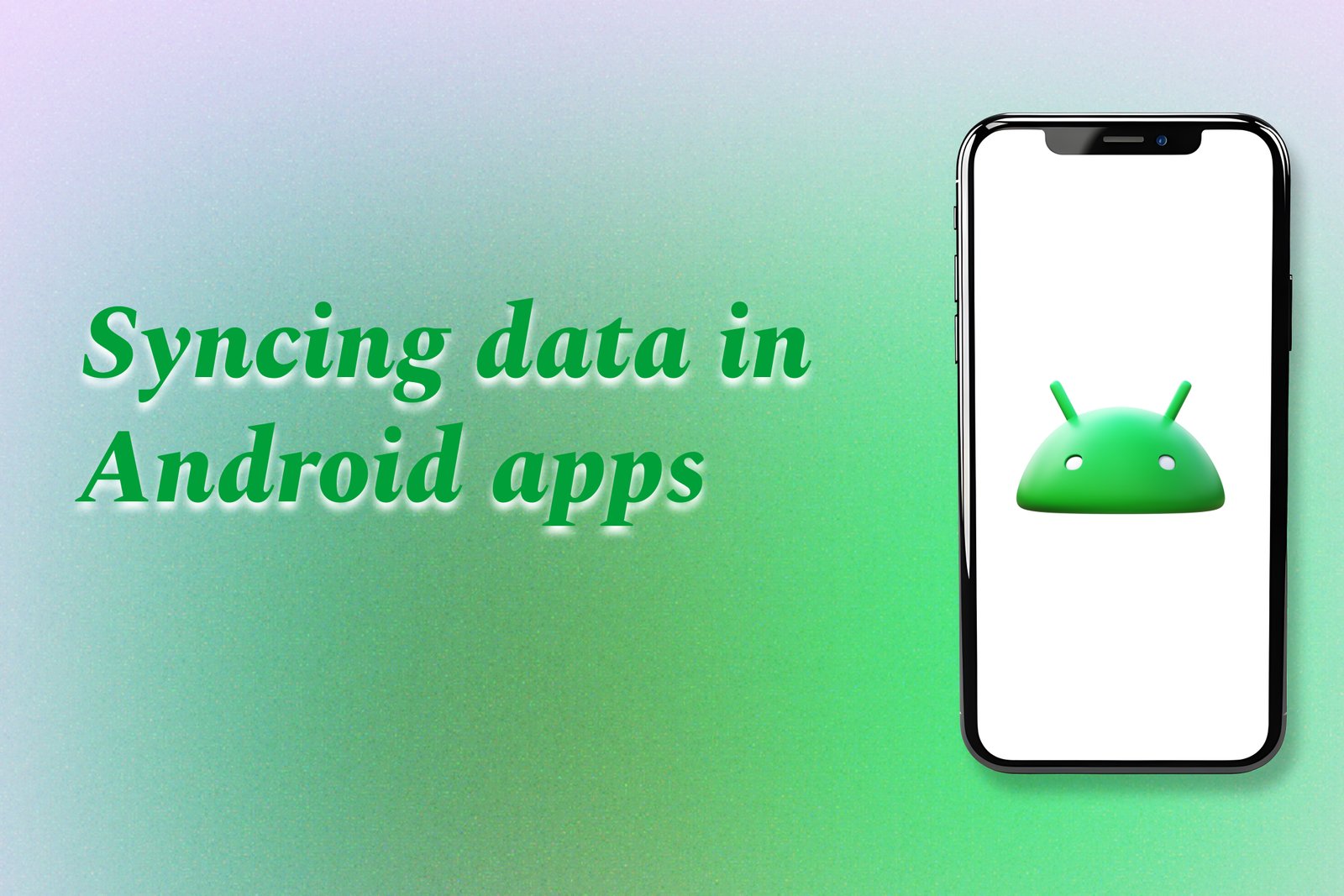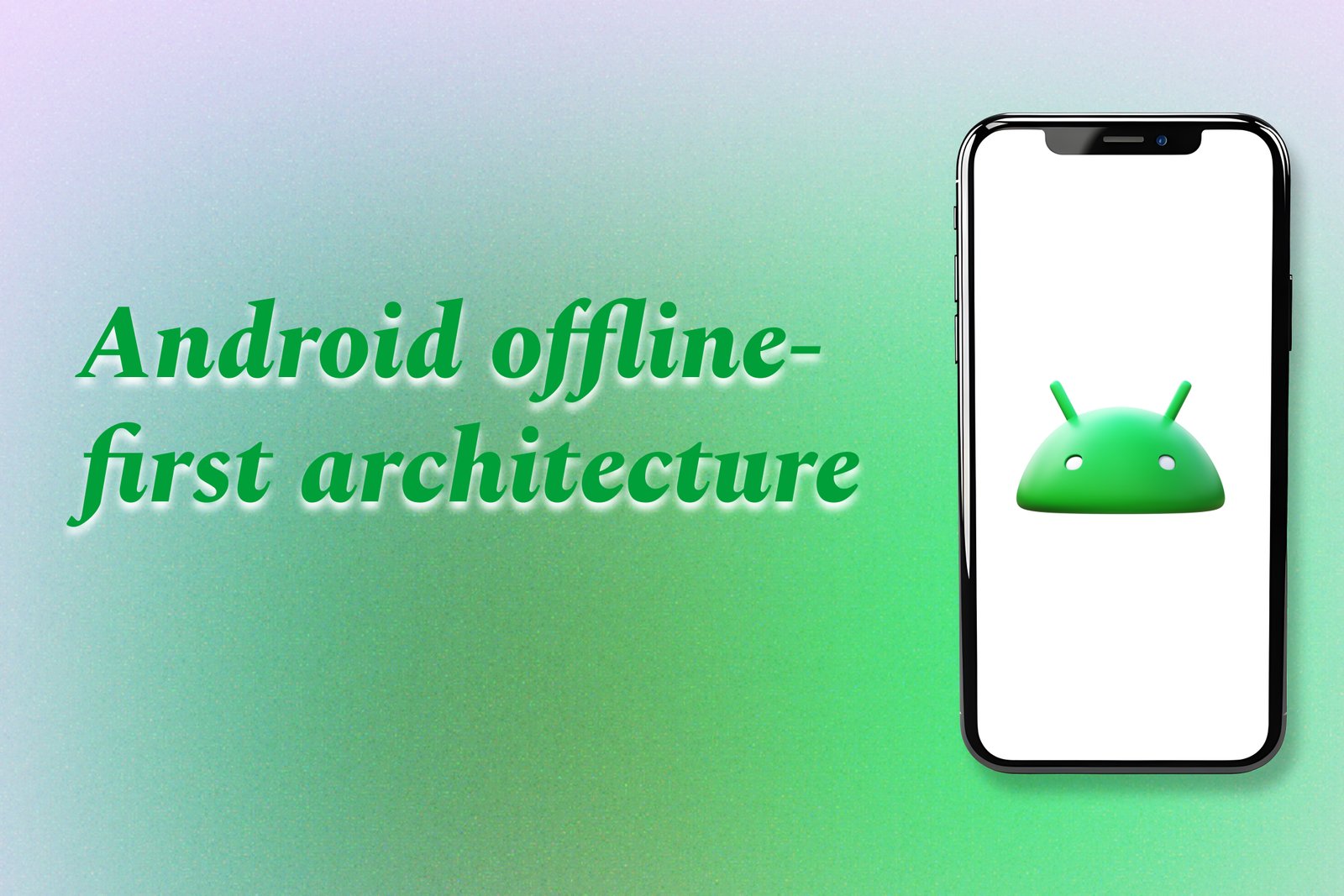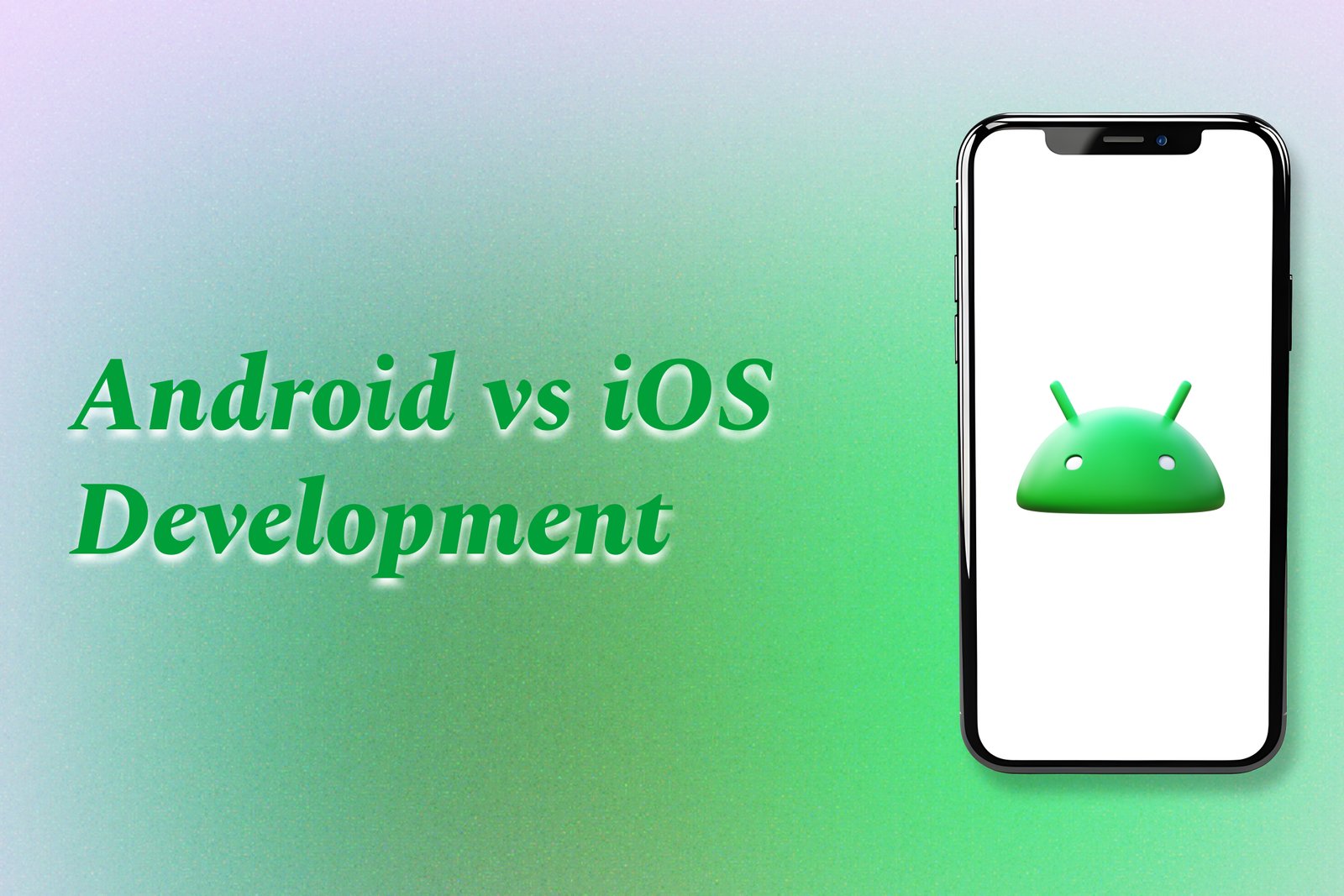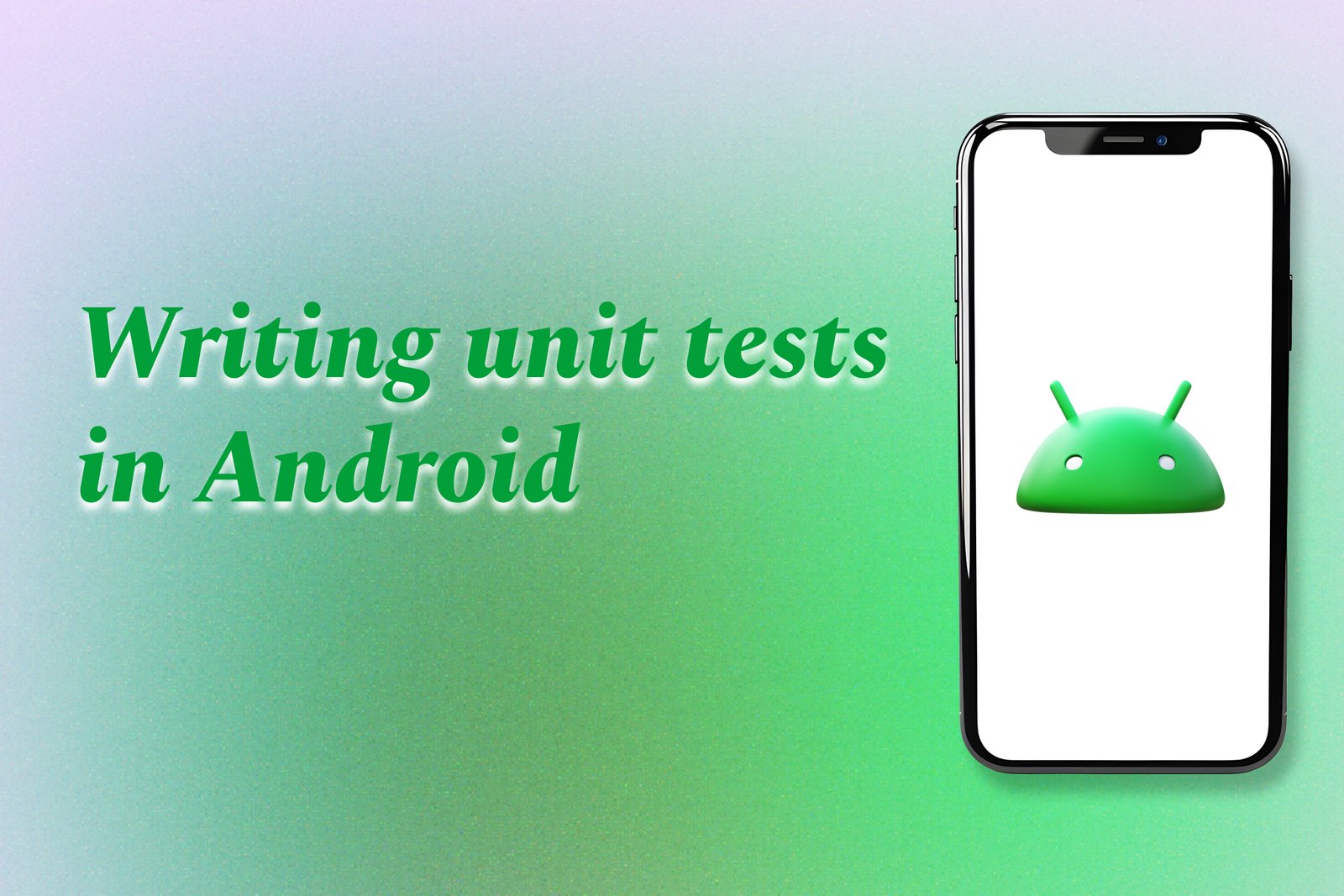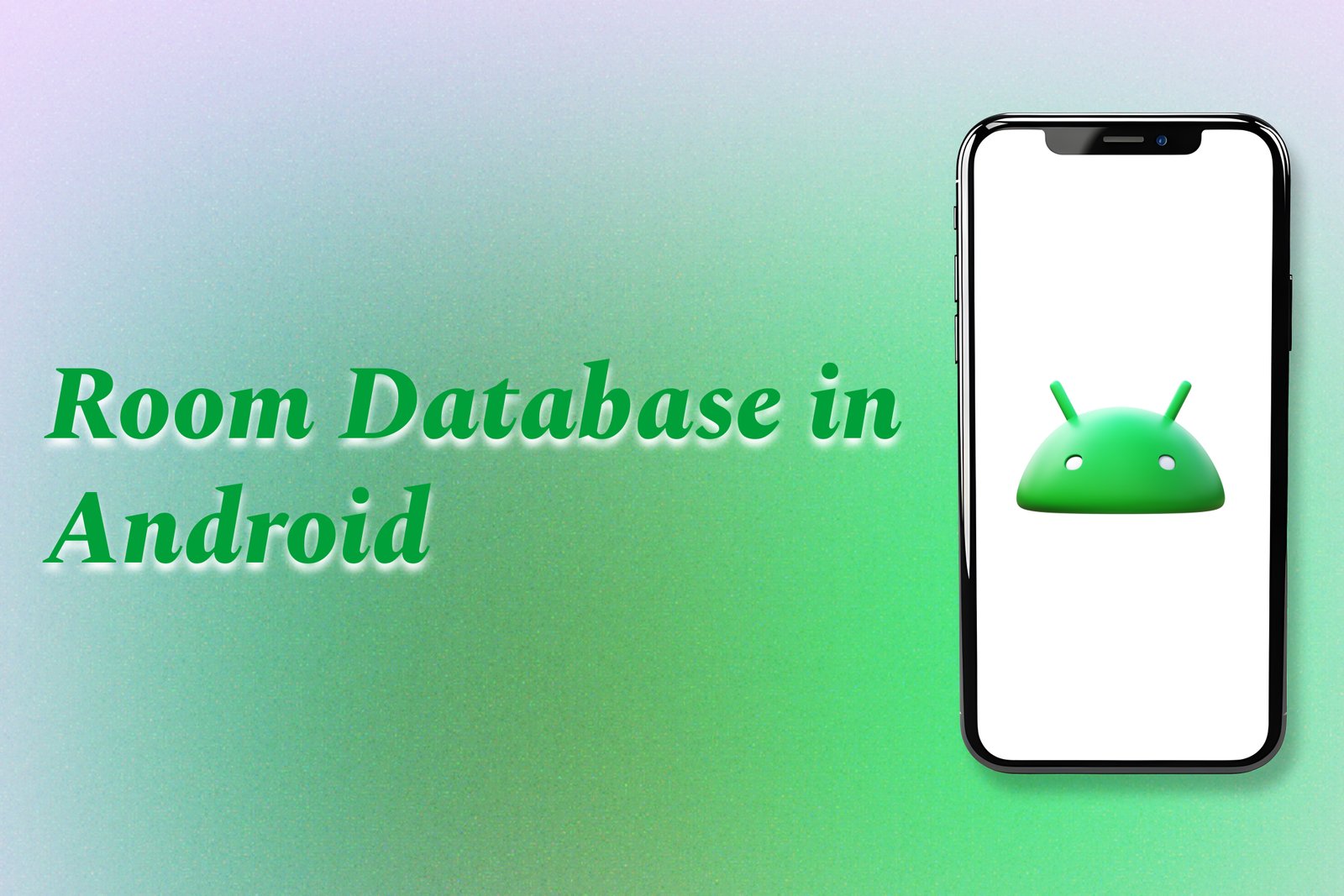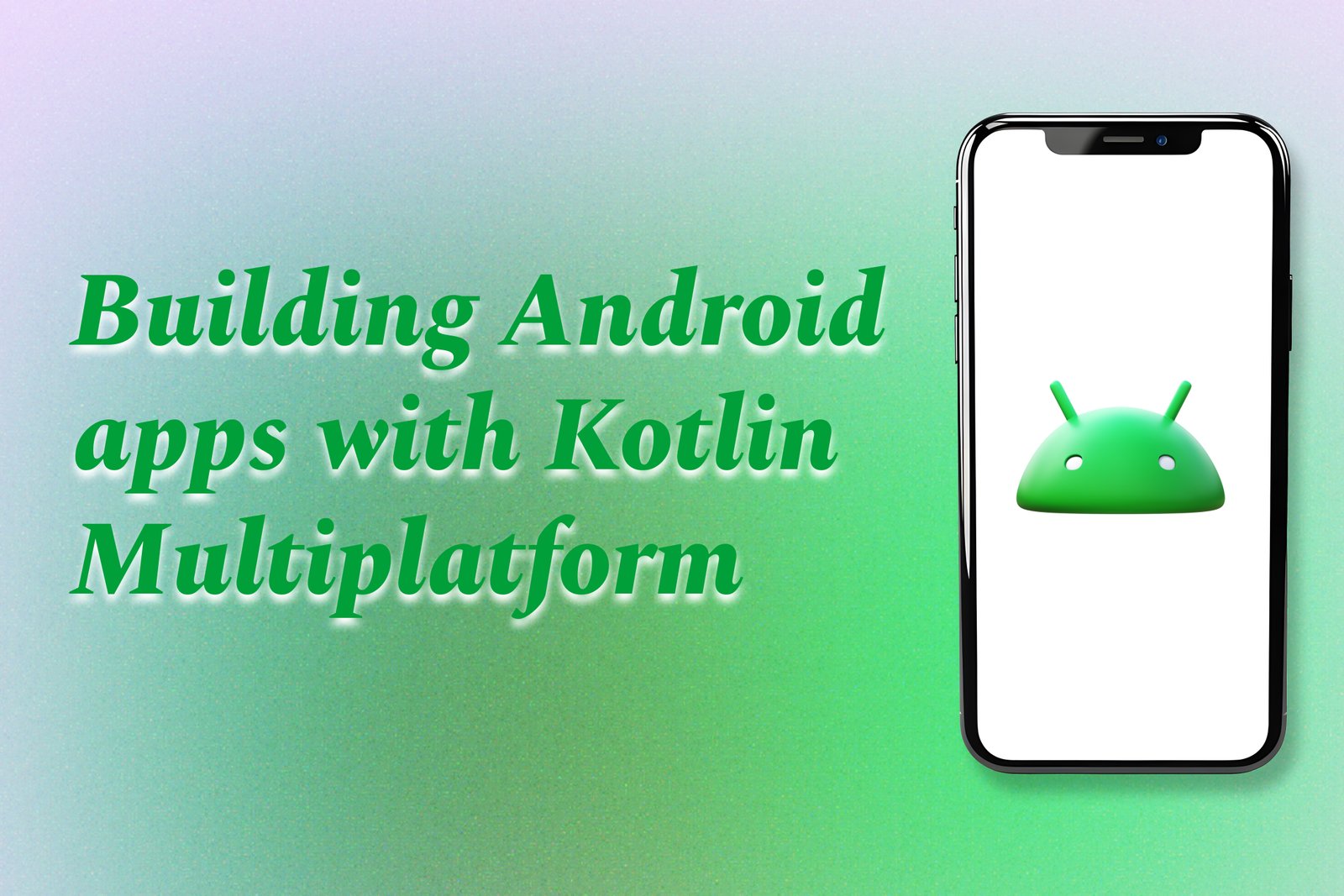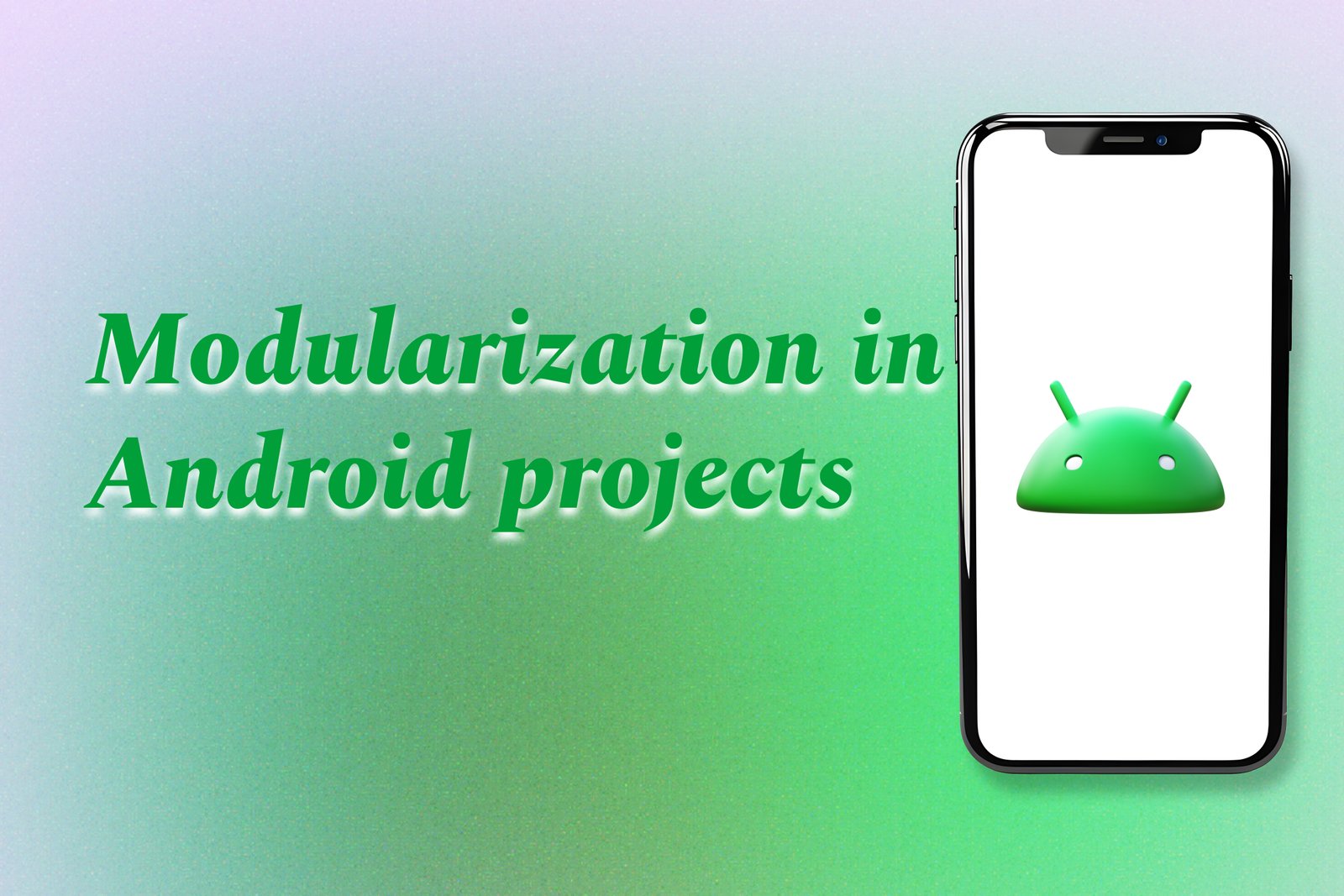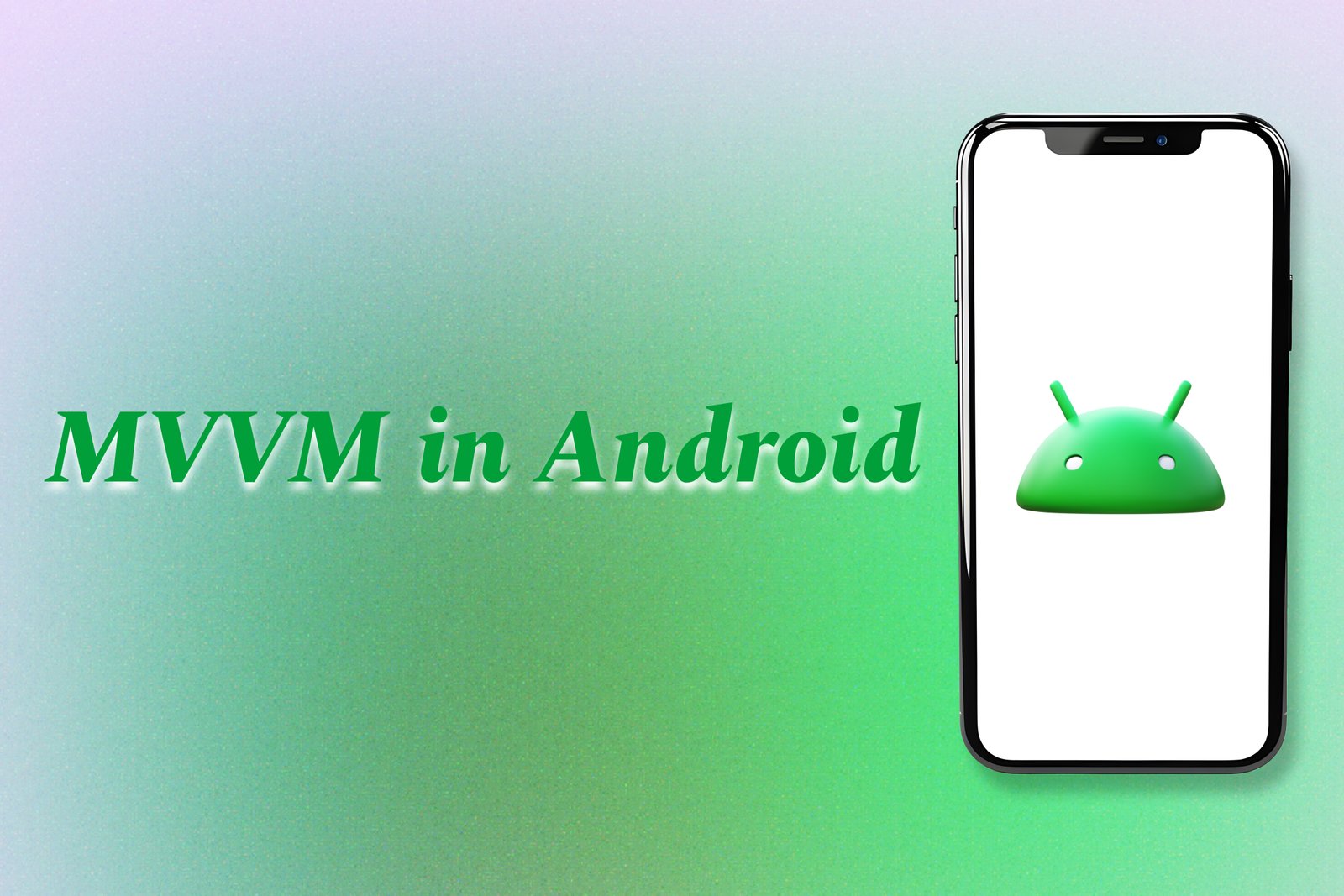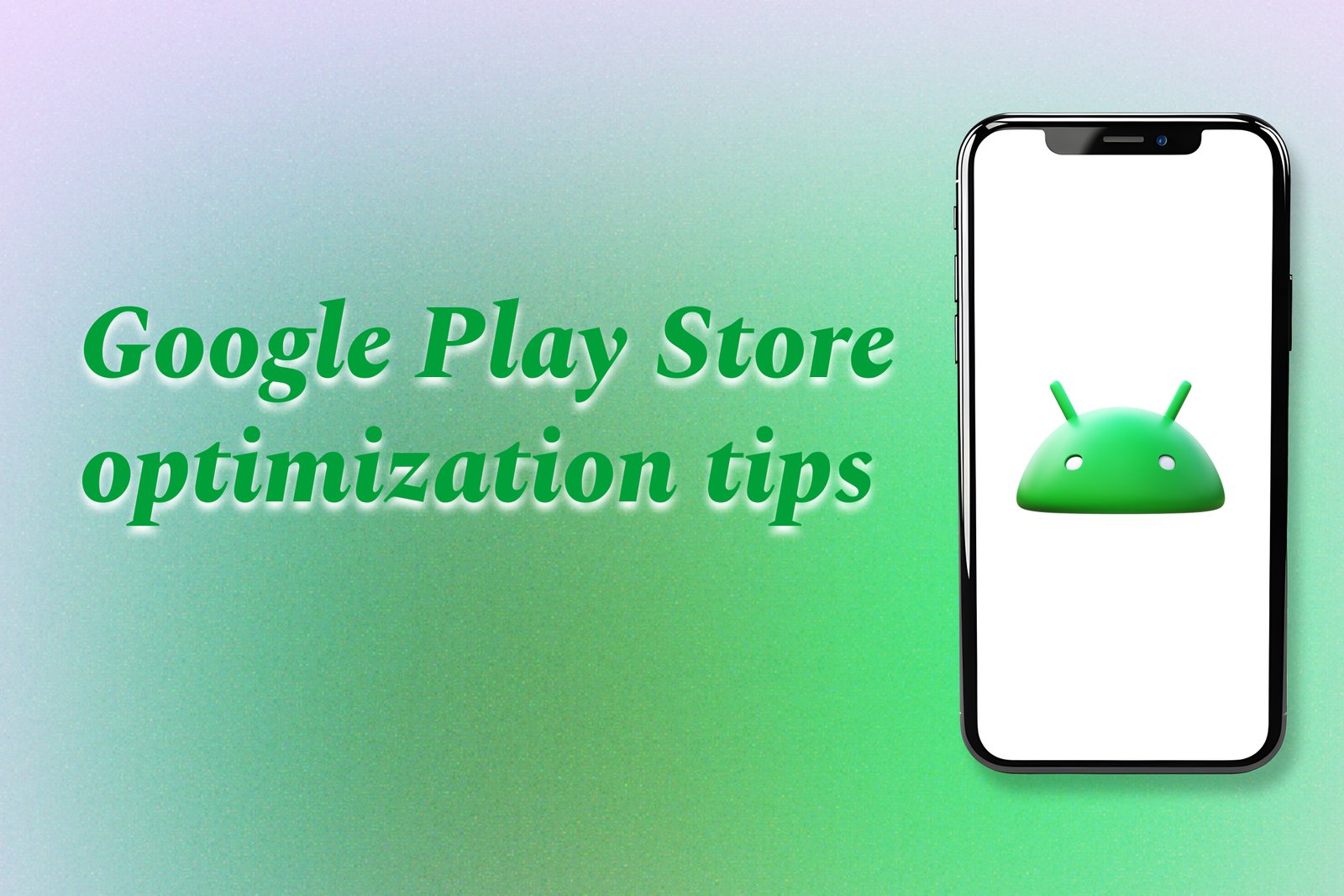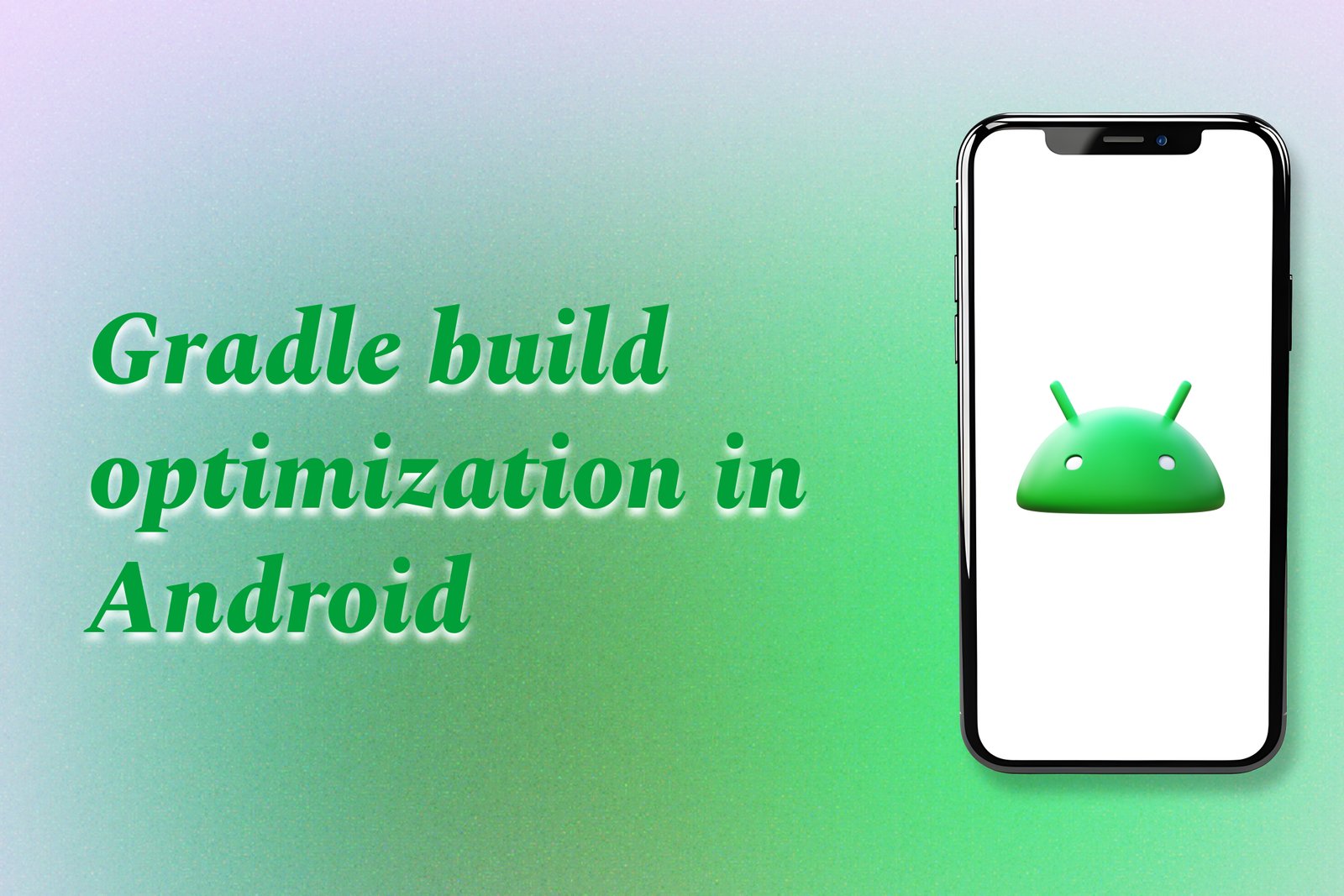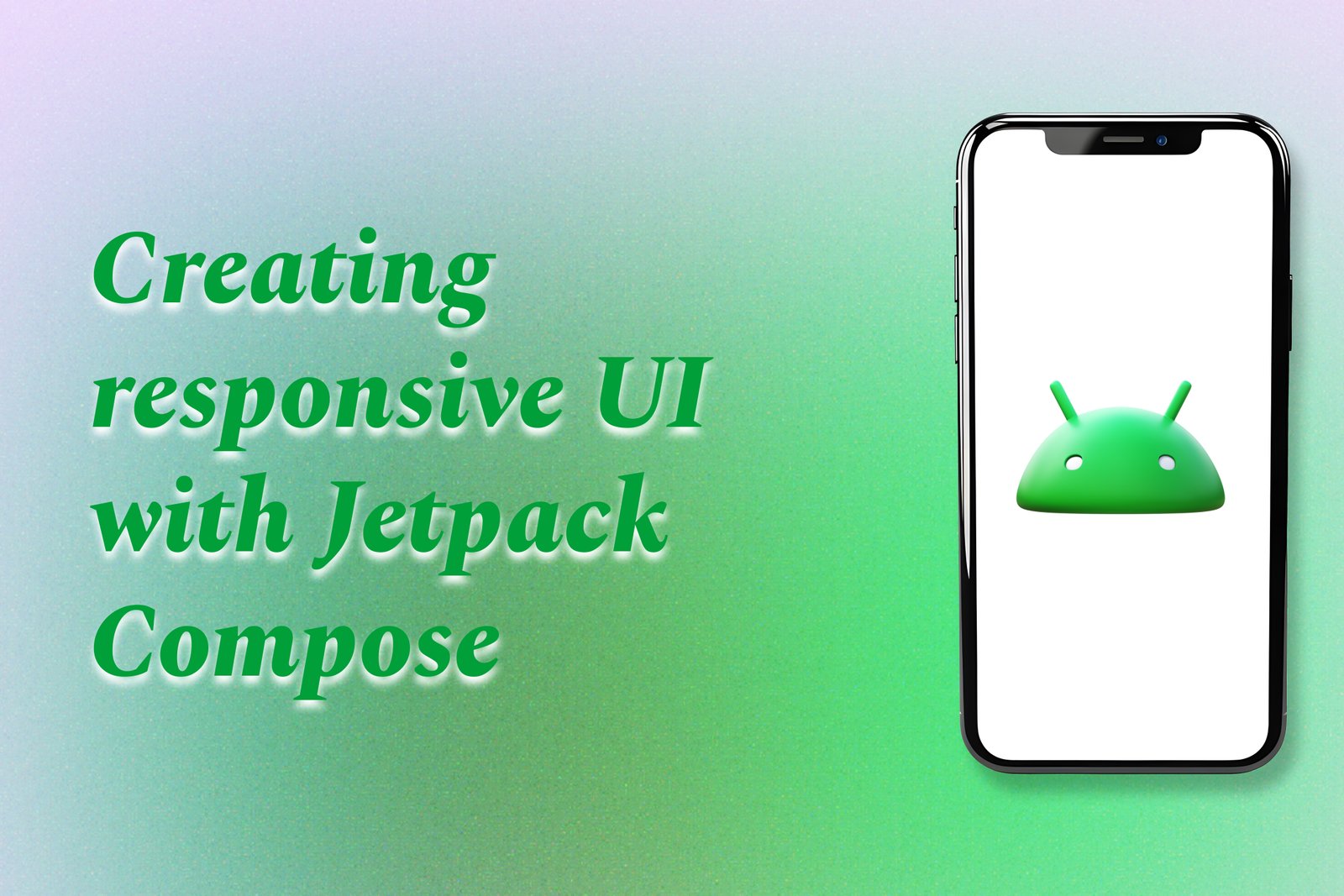Syncing Data In Android Apps
Syncing data in Android apps refers to the process of maintaining consistent data between the app and a remote server or database, ensuring that users have access to the most current information regardless of their device or connection status. This involves updating and retrieving data in real-time or when the user reconnects to the internet, allowing for offline functionality. Effective data syncing enhances user experience by reducing delays, preventing data loss, and ensuring that any changes made on one device are reflected on others, thus creating a seamless transition and interaction within the application.
Learn MoreUsing safetynet and play integrity api
SafetyNet and the Play Integrity API are security services provided by Google to help Android developers protect their applications from malicious activities. SafetyNet evaluates the security and compatibility of the device running the app, ensuring it hasn't been tampered with or compromised. The Play Integrity API complements this by offering integrity checks specifically for the app itself, verifying it hasn't been altered and is running as intended. Together, these tools enable developers to create secure applications that safeguard user data and enhance trustworthiness within the Android ecosystem.
Learn MoreAndroid Offline-First Architecture
Android offline-first architecture is a software design approach that emphasizes building applications capable of functioning effectively without a continuous internet connection. This strategy focuses on local data storage and synchronization, allowing users to access essential features and information even in offline scenarios. By leveraging techniques such as caching and background data synchronization, developers can create resilient apps that ensure a seamless user experience, regardless of network conditions. This approach enhances the reliability of applications, making them more user-friendly and accessible to a wider audience.
Learn MoreAndroid App Security Checklist
An Android app security checklist is a curated set of guidelines and best practices designed to help developers ensure the security of their mobile applications. It encompasses various aspects of app development, including secure coding practices, data protection measures, secure API usage, and proper permissions management. By following this checklist, developers can identify and mitigate potential vulnerabilities, safeguard sensitive user data, and enhance the overall integrity of their apps. This proactive approach not only helps in building secure applications but also fosters user trust and compliance with industry standards and regulations.
Learn MoreAndroid Vs IOS Development
Android and iOS development refer to the processes of creating applications for mobile devices that run on Google's Android operating system and Apple's iOS, respectively. Android development utilizes languages like Java and Kotlin, and its open-source nature allows for broad device compatibility and customization. In contrast, iOS development primarily employs Swift and Objective-C, focusing on a streamlined experience within Apple's tightly controlled ecosystem, which is known for its quality and user satisfaction. Both platforms offer unique opportunities and challenges; developers often choose based on factors such as target audience, monetization strategies, and personal preference, with both playing pivotal roles in today’s mobile-first world.
Learn MoreForms And Validation In Jetpack Compose
Forms and validation in Jetpack Compose enable developers to create user-friendly input interfaces that gather and validate data efficiently. Utilizing Jetpack Compose’s declarative framework, developers can build dynamic forms that respond to user input, ensuring data integrity through real-time validation. This involves checking inputs against defined criteria (such as required fields, format, and length) and providing instant feedback to users through visual cues like error messages or changes in UI elements. Consequently, this functionality enhances the overall user experience, making it easier for users to submit accurate information while interacting seamlessly with the application.
Learn MoreAndroid Emulator Tips And Tricks
Android emulators simulate Android devices on your computer, allowing developers to test and debug applications without needing physical hardware. To make the most of these emulators, it’s beneficial to optimize settings for better performance, such as increasing RAM and CPU allocation. Utilizing snapshots can save time by allowing developers to quickly return to a specific state of the emulator, while enabling multiple emulator instances can facilitate parallel testing of different app versions or device configurations. Additionally, leveraging features like GPS simulation and performance profilers can help ensure apps function correctly in various real-world scenarios, thus enhancing overall development efficiency.
Learn MoreAndroid Interview preparation
Android interview preparation involves equipping candidates with the necessary skills and knowledge to succeed in interviews for Android development positions. This preparation typically includes understanding core concepts of the Android platform, familiarizing oneself with programming languages such as Java or Kotlin, and mastering frameworks and libraries commonly used in mobile app development. Candidates often practice coding challenges, review common interview questions, and engage in real-time projects to demonstrate their capabilities. Effective preparation not only boosts technical proficiency but also enhances problem-solving skills, making candidates more appealing to employers in the rapidly evolving tech landscape.
Learn MoreRoom Database In Android
Room Database is an Android library that provides an abstraction layer over SQLite, simplifying database management in mobile applications. It enables developers to define their database schema using annotations, allowing for compile-time validation and reducing boilerplate code. Room supports advanced features like data migration and allows for seamless integration with LiveData and ViewModel, facilitating real-time data updates and improved app responsiveness. This makes it a vital tool for creating robust, efficient, and easily maintainable Android applications.
Learn MoreBuilding Android Apps With Kotlin Multiplatform
Building Android apps with Kotlin Multiplatform involves utilizing the Kotlin programming language to create shared code that can run on multiple platforms, including Android and iOS. This approach allows developers to write common business logic, code libraries, and data models once, while still being able to implement platform-specific features as needed. By doing so, teams can significantly reduce development time and effort, ensure consistency across applications, and enhance collaboration among developers, all while leveraging Kotlin's modern syntax and powerful features. This paradigm shift in mobile app development promotes efficiency and flexibility, making it an attractive option for creating cross-platform applications.
Learn MoreRetrofit With Android
Retrofit is a type-safe HTTP client for Android and Java, designed to streamline the process of making network requests to RESTful APIs. By using annotations to define API endpoints and parameterized methods, Retrofit allows developers to focus on the functionality of their applications without getting bogged down in boilerplate code. It supports various data formats, including JSON and XML, through customizable converters, and simplifies asynchronous network calls, enabling smooth user experiences. With its capabilities, Retrofit is an essential tool for Android developers looking to efficiently integrate remote data sources into their applications.
Learn Moremodularization in android PROJECTS
Modularization in Android projects refers to the practice of dividing an application into smaller, self-contained modules or components, each responsible for a specific feature or functionality. This approach enhances code organization, promotes separation of concerns, and allows for easier collaboration among developers. By isolating different parts of the app, modularization enables faster build times, improved testing processes, and greater reusability of code, making it easier to manage larger projects and integrate new features more efficiently. Overall, it contributes to a more scalable and maintainable codebase.
Learn MoreAndroid App Development
Android App Development refers to the process of creating software applications specifically for devices that run on the Android operating system. This involves using programming languages such as Java, Kotlin, or C++ to design and build user-friendly applications that run on smartphones, tablets, and wearables. The development process includes stages such as planning, designing, coding, testing, and deploying the app on platforms like the Google Play Store. With the Android operating system being one of the most widely used worldwide, developing Android apps offers significant opportunities for developers to create innovative solutions, meet user needs, and contribute to a thriving mobile ecosystem.
Learn Moremvvm IN ANDROID
MVVM, or Model-View-ViewModel, is an architectural design pattern used in Android development to enhance the separation of concerns within an application. In this structure, the Model represents the data layer, the View is the user interface component, and the ViewModel acts as an intermediary, facilitating the communication between the Model and the View. The ViewModel handles the business logic and prepares the data for display, ensuring that the UI remains responsive and decoupled from the data retrieval process. By utilizing data binding, any changes in the data automatically reflect in the UI, promoting a cleaner and more maintainable codebase, while making unit testing easier.
Learn MoreAndroid Basics
Android Basics is an introductory course designed to familiarize learners with the fundamental concepts and components of Android app development. It covers essential topics such as Android architecture, user interface design, and the lifecycle of an app. This course provides a solid foundation for aspiring developers, enabling them to create simple yet effective applications while understanding the key principles that underpin the Android platform. By mastering these basics, learners can pave the way for more advanced studies and practical applications in the world of mobile development.
Learn MoreActivity Lifecycle in Android
The Activity Lifecycle in Android refers to the series of states that an activity undergoes from its creation to its destruction. It encompasses various stages such as onCreate(), onStart(), onResume(), onPause(), onStop(), and onDestroy(). Each of these lifecycle methods provides a callback for developers to implement specific logic when the activity enters or exits a particular state. Understanding the activity lifecycle is essential for managing resources effectively, maintaining user interface integrity, and ensuring a smooth transition between different application states, ultimately enhancing the overall user experience in Android applications.
Learn MoreGradle Build Optimization In Android
Gradle build optimization in Android refers to a set of techniques and practices aimed at enhancing the performance and efficiency of the build process in Android development. By fine-tuning Gradle configurations, utilizing features like build caching, incremental builds, and parallel execution, developers can significantly reduce build times and improve workflow. These optimizations not only streamline the compilation and packaging of the application but also lead to quicker iterations during development, allowing developers to focus more on coding and testing rather than waiting for builds to finish. Overall, Gradle build optimization is essential for maintaining productivity in larger Android projects.
Learn MoreJetpack Compose Performance Tips
Jetpack Compose performance tips encompass a set of best practices aimed at enhancing the efficiency and responsiveness of Android applications built with the modern UI toolkit. These tips focus on optimizing composable functions, managing state effectively, and minimizing unnecessary recompositions to prevent performance bottlenecks. Techniques such as utilizing lazy layouts for large lists, leveraging immutable data structures, and ensuring efficient image handling are crucial in maintaining smooth rendering. By following these guidelines, developers can create visually appealing and highly responsive applications that deliver an exceptional user experience.
Learn MoreAndroid Interview Questions
Android interview questions are a set of technical inquiries designed to evaluate a candidate's understanding of Android development, programming languages such as Java or Kotlin, and their familiarity with the Android ecosystem. These questions typically cover a wide range of topics including Android architecture, application lifecycle, UI components, data storage, and performance optimization. Additionally, candidates may be asked to solve coding challenges or discuss real-time projects they've worked on, showcasing their practical experience and problem-solving skills. Preparing for these questions is crucial for prospective developers aiming to demonstrate their proficiency and secure positions in the growing field of mobile application development.
Learn MoreCreating Responsive UI with Jetpack Compose
Creating responsive UI with Jetpack Compose involves designing user interfaces that automatically adapt to different screen sizes, orientations, and resolutions in Android applications. Jetpack Compose utilizes a declarative UI model, allowing developers to build layouts that respond dynamically to changes in the device environment, such as switching from portrait to landscape mode or accommodating various screen dimensions. With features like ConstraintLayout and built-in modifiers, developers can easily implement flexible layouts that optimize the user experience across a wide range of devices, ensuring that applications remain visually appealing and functional regardless of how they are viewed. This approach simplifies the development process, enabling quicker iterations and more consistent designs.
Learn MoreModern Android Development Best Practices
Modern Android development best practices encompass a set of principles and techniques aimed at enhancing the efficiency and quality of mobile app creation. These practices leverage modern tools and libraries, such as Android Jetpack and Kotlin, to promote clean architecture, modularity, and scalability. By emphasizing agile methodologies, code reusability, effective testing, and continuous integration/continuous deployment (CI/CD), developers can ensure their applications are not only robust and maintainable but also aligned with user expectations. Embracing these best practices allows for streamlined development processes and ultimately results in superior Android applications.
Learn More